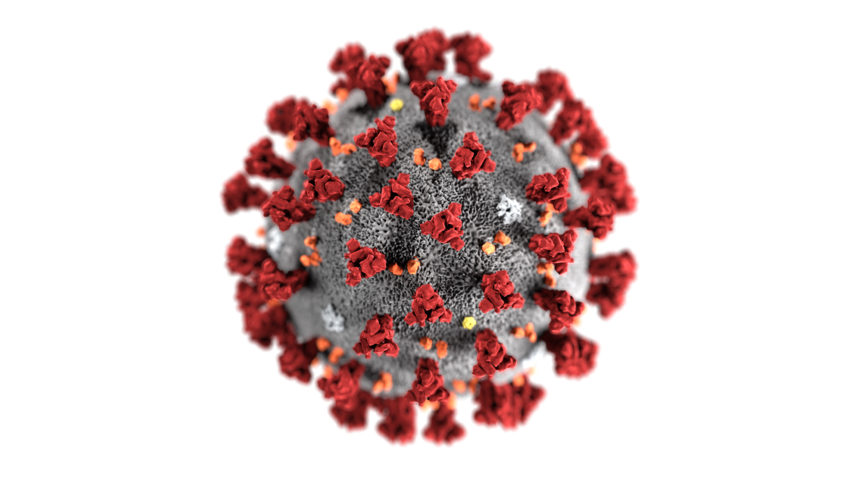This blog is the second of a series of columns Stacy Jagger, LMFT, RPT-S and I have written for the Williamson Home Page publications that provides information and suggestions about parenting through the COVID-19 pandemic. It is a follow-up to the talking with kids column focusing on talking to teens about the same issues. You can find the column in the Williamson Home Page publications here. There is also extra information and resources about parenting kids and teens through this crisis in my other blog post on this website The Blog.
In the previous column on talking to kids about COVID-19, we gave general suggestions about having a conversation with your child. It is much easier to talk to teens about important or difficult topics. While many of the main points are the same, teens will benefit from real explanations and the actual facts. But they are still just teenagers (however infuriatingly smug they are about all the “facts” they have gathered on their endless time spent on the internet). Here are some selective topics that are important to consider when talking to teens about the virus.
Exposure to news. Rather than limit exposure to news, talk about where they are getting their news and how they can trust it. Consider approaching the gathering of facts as a joint venture with your teen. There is value in searching the internet together to get information about the virus and the effects of trying to manage the outbreak. This provides an opportunity for parent-child bonding, constructive arguing and helping your kid learn how to be more critical of things they get from the internet.
Talk about it. Find out what they think before you tell them what they should think. Have them put those newly developing analytical abilities to work. It is useful to know what your teenage kid is thinking so you know whether or not there are things you need to address with them.
Accuracy and positivity. A fundamental problem with the internet is that it seems to breed cynicism, pessimism and negativity. And then there are all those fun and entertaining movies and shows about apocalyptic events. This outbreak of the virus can cause teens to see the future as bleak and hopeless, especially since the typical indicators of forward movement (i.e., school, athletics, religious gatherings, weekdays/weekends, etc.) have all been disrupted. While there is always value in helping your teen have a more optimistic and positive outlook, it will be particularly important when so much of the news is filled with fear and catastrophes (because there are catastrophes happening and fear is reasonable). So, be sure to help your teen see the positive along with the negative.
Character. Adolescence is the age of character development. You have been laying the groundwork throughout childhood but it is in the teen years that your kids will begin to practice how they will apply morals and ethics in decision making. While there is always suffering in the world and many of us have gone through hard times, we have not been faced with a country-wide, society disrupting event in our lifetime. The serious, worrisome things Americans have experienced have not required us to make serious sacrifices for the benefit of each other. It is happening now. This is the time to drive home the importance of being a decent human being. This is the time to require your kid to sacrifice their comfort and personal interests for the sake of others. This is a time when considering others by kindness, generosity, compassion and self-sacrifice is for a purpose greater then your own personal development. Times like these are what character and morals and ethics and civil behavior are for. Drill down on this. Make regular time, daily time, to reflect and consider what your family can do for others even when you are frightened that you might be a family in need.
The main points. Your teen is old enough to recognize the deeper implications of what is going on in the world. That means reassuring them about danger and risk is more difficult. Discussions about the virus and the effects of the shutdown as the months pass will be worrisome or even terrifying to your kid, especially since they don’t have the life perspective of how things can look bad but work out with the passage of time. Be sure to provide a lot of perspective and genuine reassurance. Help them appreciate that there is a long view (something they are only just developing the cognitive capacity for). This remarkable situation requires them to do things because you know it is important (but isn’t obvious) like washing your hands and social isolation. They will need help understanding that how each person behaves acts has a potentially profound effect on people living and dying. And they have to do it because they know it rather than that you can see the effects immediately. This challenge sets the stage in a much more dramatic way for what it will take for them to have a productive and happy adulthood. It’s more thsn they are ready for. They will need to step up to the challenge.
Helping your kid understand COVID-19 is just the beginning of all you will be doing to weather this storm. We will be writing what we hope will be helpful suggestions about other challenges parents are facing during the shut down in future columns. Remember, we can only really survive by looking out for each other. Help your children be kind, generous and safe.

